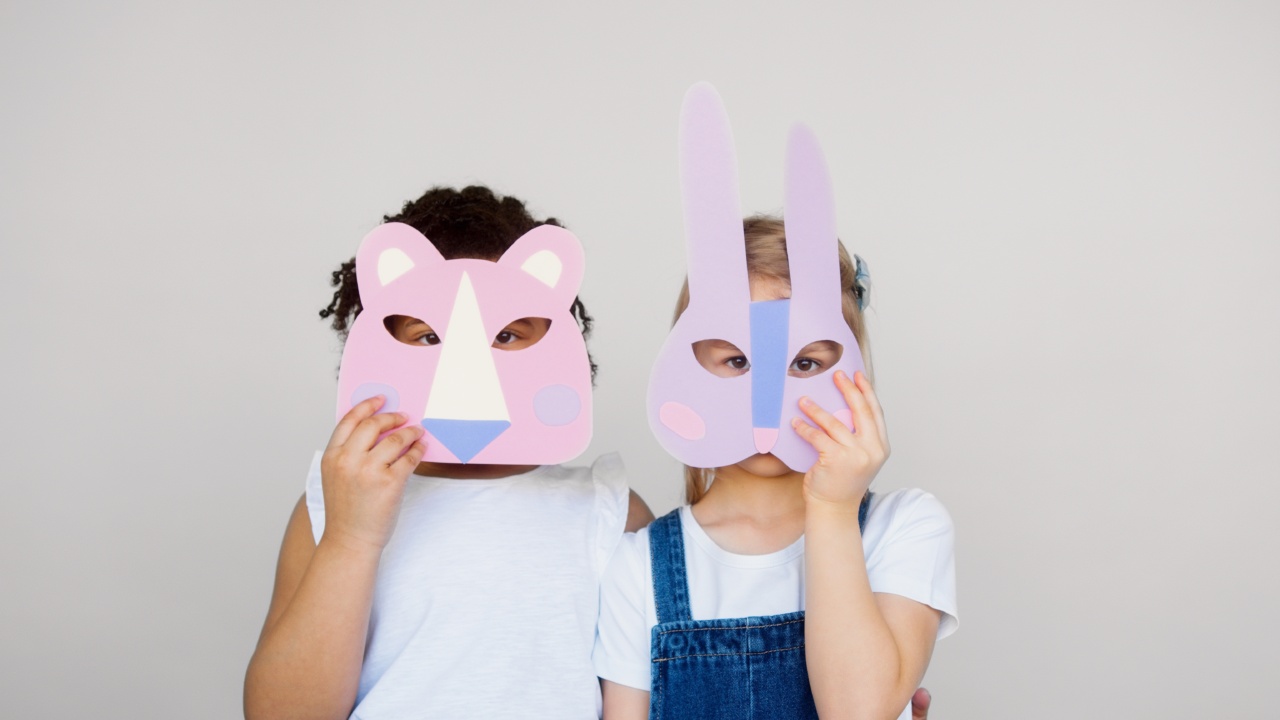Every parent wants the best for their children. However, constantly comparing your children to others can have significant negative effects on their self-esteem, confidence, and overall well-being.
While it may seem harmless or even motivational, this practice can create unhealthy competition, resentment, and internal conflicts. In this article, we will explore why comparing your children is never a good idea and provide alternative approaches for nurturing their individual strengths and talents.
The impact on self-esteem
When parents continuously compare their children to others, it creates a sense of inadequacy and low self-esteem. Each child is unique, with their own set of abilities, qualities, and talents.
By pitting one child against another, parents inadvertently send the message that one child is better than the other, leading to feelings of unworthiness and self-doubt.
Children who are constantly compared to their siblings or peers may develop a negative self-image and struggle with self-acceptance.
This can lead to issues such as anxiety, depression, and a lack of confidence in their abilities, hindering their personal growth and development.
Creating unhealthy competition
Comparing children sets the stage for unhealthy competition within the family dynamic. Instead of promoting cooperation, support, and collaboration, it fosters a mindset of rivalry and jealousy.
Siblings may feel the need to constantly outperform each other or seek validation from their parents, leading to strained relationships and a lack of genuine connection.
Unhealthy competition can create a hostile environment where children are more focused on outshining one another rather than celebrating each other’s accomplishments.
This not only hampers their emotional well-being but also negatively impacts their social skills and ability to work effectively as a team in other areas of their lives.
The danger of generalized expectations
When parents compare their children, they often set generalized expectations for their entire upbringing. Each child is born with unique talents, strengths, and interests.
By comparing them, parents run the risk of neglecting these individual differences and forcing their children into molds that do not align with their true selves.
Generalized expectations can lead to a loss of individuality and creativity. Children may feel pressured to conform to their parents’ desires rather than pursuing their own passions and interests.
This can hinder their personal growth and prevent them from discovering their true potential.
Nurturing individual strengths and talents
Instead of comparing children, parents should focus on nurturing their individual strengths and talents. Each child has their own set of unique qualities that should be encouraged and celebrated.
By fostering an environment that recognizes and supports individuality, parents can help their children develop a strong sense of self and confidence.
Here are some alternative approaches to foster the growth of each child’s individual strengths:.
1. Encourage self-discovery
Provide your children with opportunities to explore their interests and passions. Allow them to try out different activities and hobbies and offer genuine support and encouragement in their pursuits.
This helps them develop a sense of self and enhances their self-esteem by focusing on their unique abilities.
2. Celebrate differences
Emphasize that everyone is different and highlight the value in these differences. Encourage your children to appreciate their strengths and qualities, as well as those of their siblings and peers.
By celebrating diversity, you create an environment that fosters acceptance, respect, and cooperation.
3. Provide individual attention
Make a conscious effort to spend quality time with each of your children individually. This allows you to better understand their interests, needs, and challenges.
By giving each child the attention they deserve, you build a strong bond based on trust, support, and understanding.
4. Focus on personal growth
Instead of comparing your children to others, encourage their personal growth and development. Set goals that are tailored to each child’s abilities and provide them with the necessary resources and guidance to achieve those goals.
By focusing on their progress and improvement, you create an environment that promotes personal growth and self-fulfillment.
5. Cultivate a positive environment
Create a positive and nurturing environment where your children feel safe to express themselves without fear of judgment or comparison. Foster open communication, active listening, and empathy.
This helps build strong family bonds and promotes a sense of belonging and self-confidence in each child.
The long-term benefits
By refraining from comparing your children and instead nurturing their individual strengths, you provide them with a solid foundation for lifelong success and happiness.
When children are encouraged to be their authentic selves, they are more likely to excel in areas that truly matter to them and find genuine fulfillment.
Furthermore, fostering a supportive and accepting family environment helps children develop crucial life skills such as collaboration, empathy, and respect for others.
These skills are not only essential for their personal growth but also contribute to their overall social and emotional well-being.
Conclusion
Comparing your children is never a good idea. It diminishes their self-esteem, creates unhealthy competition, and imposes generalized expectations that hinder their individual growth.
Instead, focus on nurturing their individual strengths and talents, celebrating their unique qualities, and providing them with a positive environment to thrive.






























